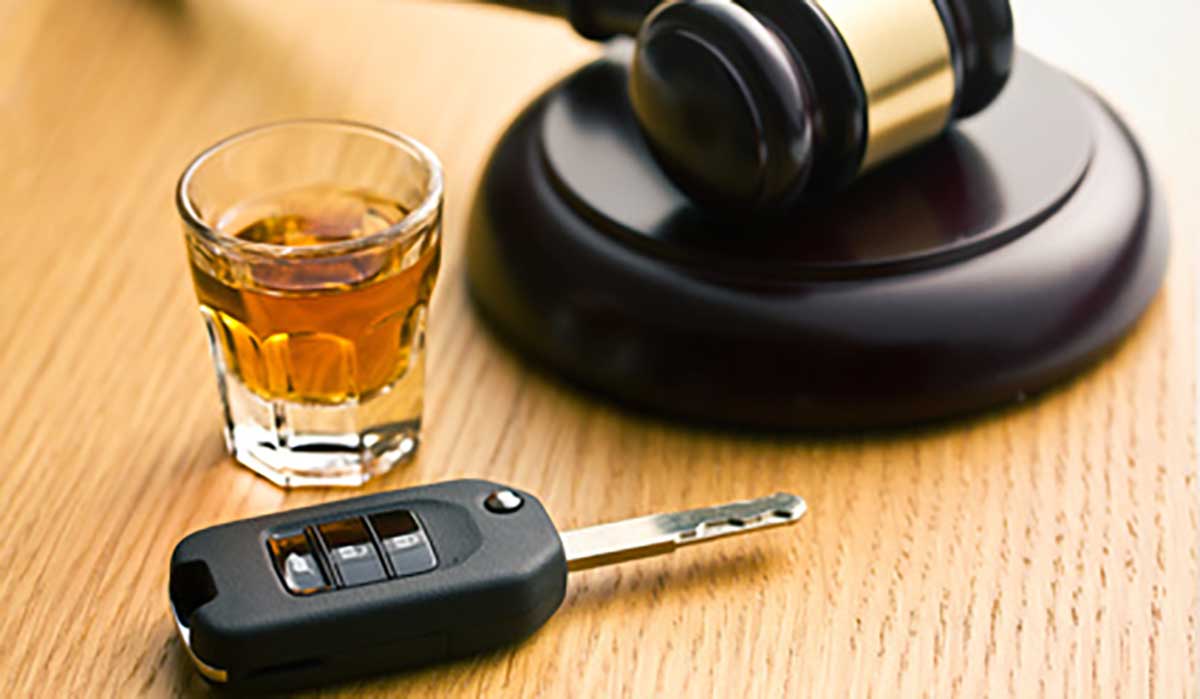Over the years of my practice as a criminal lawyer, my clients have asked me this question on numerous occasions.
The simple answer is that in order to be charged with a drinking and driving offense, you don’t have to actually drive, it is sufficient that you are in what is called “care or control” of your vehicle. Under the new legislation, you would be charged with an impaired operation which includes being in care or control of the vehicle or conveyance as it is now called in the Criminal Code. This situation normally arises when the police stumble upon a person who is in or near a stationary motor vehicle and who appears to be impaired or over the legal limit.
But that is the simple answer. The next question is what is “care or control”. The courts of all levels and lawyers alike have struggled with this question for years and years and I think this area of criminal law can be fairly described as one of the most convoluted and hated by everyone.
What is “Care or Control”?
As with other DUI offenses, the Criminal Code provides the prosecutor with a convenient presumption, namely, that if a person is found in the driver’s seat of a motor vehicle, such person is presumed to be in care or control unless the accused rebuts the presumption by showing that he was not occupying the driver’s seat for purpose of putting the vehicle in motion. Even if the presumption is rebutted, however, the Crown can still prove that the accused was in actual care or control.
How Do I Fight This Charge?
In defending the care or control cases it is imperative to show that the accused did not perform any acts in relation to the vehicle which could intentionally or accidentally put it in motion or otherwise create a danger. In this regard, the central issues include what steps are required to put your car in motion, why were you in the car, what was your plan of action, was your car operable, where was it located, could it be put in motion accidentally, was there a risk that you change your mind and decide to drive it, etc.
While the courts have developed some general principles, this area remains fraught with contradictory and irreconcilable judgments. Each fact situation requires separate analysis and research to find support in the jurisprudence for the position that in your particular case you were not in care or control.
The care or control charges present many pitfalls and every fact of your case has to be carefully scrutinized by an experienced impaired driving lawyer to determine the best line of defense.
Why is it so important to determine whether you are in care or control? Because if you are found not to be in care or control, you can be as drunk as you want and your level of alcohol in the blood can be sky-high, you are still not guilty.
If you are charged with a care or control offense and want to fight the charge, you have to entrust your case only to an experienced impaired driving lawyer who is prepared to examine every detail of your case to provide you with the best defense possible.
